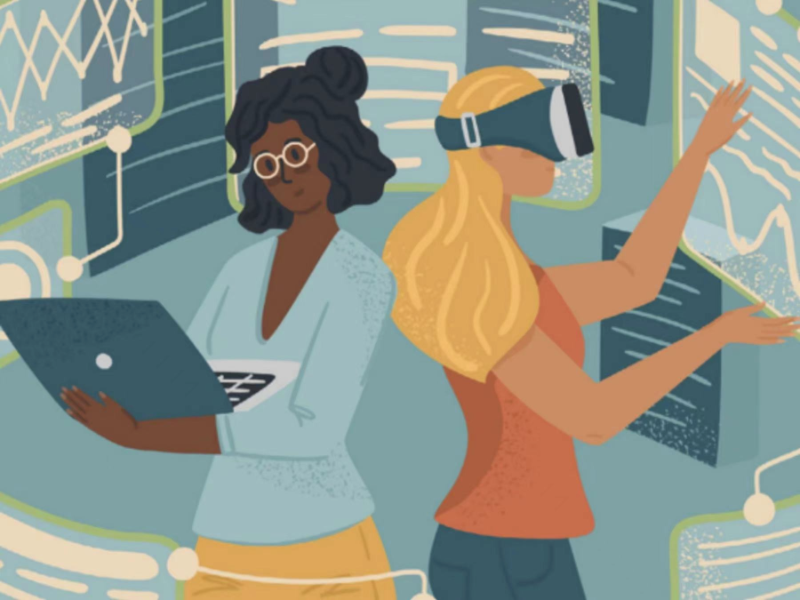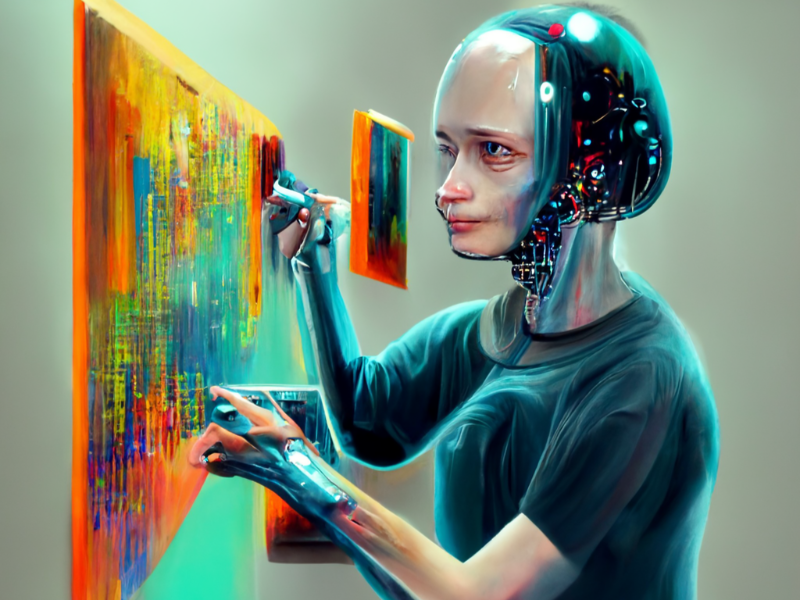- AI is rapidly transforming multiple industries, showing signs of becoming a general purpose technology (GPT) like electricity or the internet.
- Despite its broad potential, AI still faces limitations such as data dependency, lack of generalization, and ethical challenges that prevent it from fully achieving GPT status.
Artificial intelligence (AI) is one of the most transformative technologies of our time. From enhancing automation to revolutionizing healthcare and education, the potential for AI seems limitless. However, one question remains: Is AI ready to be a general purpose technology (GPT)? A GPT is a technology that transforms multiple industries, like electricity, the internet, or the steam engine. AI has the potential to become a GPT, but it must address significant limitations first.
Also read: What is general AI? Understanding the next evolution in AI
Also read: What is traditional AI? Understanding its role and evolution
What is a general purpose technology?
The definetion of general purpose technology is the technology that can improve productivity across multiple sectors, enabling new innovations and spurring economic growth. Historical examples of GPTs include the printing press, electricity, and the internet. These technologies are not just enhancing individual industries. They have also become the basis for a wide range of industries that have triggered profound changes in society.
AI, in its current form, shows promise as a transformative technology, but is it truly ready to become a general purpose tool? Let’s examine both the potential and limitations of AI in this context.
The potential of AI as a general purpose technology

AI has already demonstrated its broad utility across various industries. In healthcare, AI is enabling doctors to diagnose diseases with greater accuracy through predictive analytics and image recognition. In finance, AI is transforming risk management and fraud detection. Additionally, AI-powered chatbots and virtual assistants are revolutionizing customer service, and machine learning algorithms are optimizing logistics and supply chains.
Beyond these applications, AI holds the promise of becoming a foundational tool in fields like education, agriculture, and even law enforcement. With AI, we can automate complex processes, make data-driven decisions, and improve efficiencies on an unprecedented scale. In essence, AI is already beginning to show characteristics of a general purpose technology, influencing a wide array of industries.
Also read: Understanding the role of AI in virtual assistance
The limitations of AI: Why it’s too early to call it a GPT
Despite its vast potential, AI has not yet reached the point of being labeled a general-purpose technology. One of the key challenges lies in its current limitations. For one, AI requires vast amounts of data to function effectively. This data dependency means that AI systems are often not universally applicable across industries, as different sectors may not have access to the necessary data or infrastructure to train AI models effectively.
Moreover, AI systems are often narrow in focus, excelling at specific tasks but struggling with generalization. While AI may outperform humans in tasks like data analysis or pattern recognition, it lacks the human ability to apply knowledge across a wide range of situations. For example, AI may struggle with tasks that require emotional intelligence, creativity, or complex decision-making in unstructured environments.

Another limitation is the ethical and societal challenges that accompany AI’s growth. Issues like bias in AI algorithms, privacy concerns, and potential job displacement pose significant hurdles that AI must overcome to reach its full potential as a GPT. Without proper regulation and ethical guidelines, AI’s growth could lead to unintended negative consequences.
Also read: AI and artists: Are they working together now?
AI’s path toward general purpose technology
For AI to evolve into a general purpose technology, several hurdles must be overcome.
Firstly, AI models must become more adaptable and capable of learning from fewer examples, which would allow them to generalize across industries. Advances in techniques like few-shot learning and transfer learning may help address this challenge.
Secondly, AI’s data dependency needs to be reduced. Solutions such as synthetic data and more robust privacy-preserving techniques, like federated learning, may help make AI more accessible and applicable across different sectors.
Lastly, the ethical and societal challenges surrounding AI must be carefully addressed through regulation, transparency, and accountability. Governments, businesses, and researchers must collaborate to develop AI responsibly, with safeguards to protect against bias and misuse.




















 English (US) ·
English (US) ·